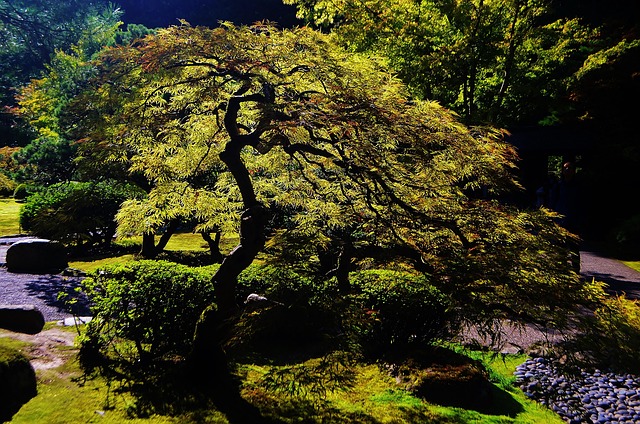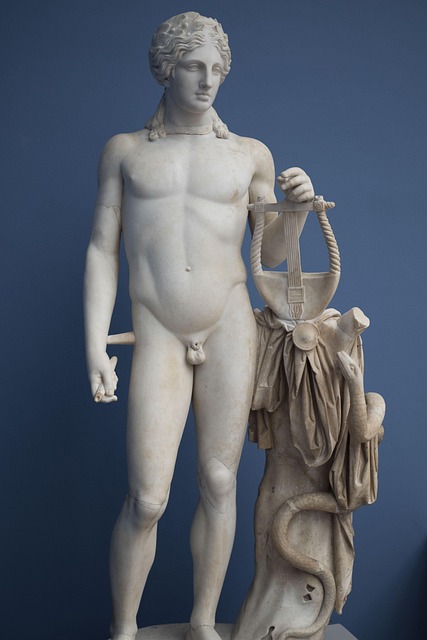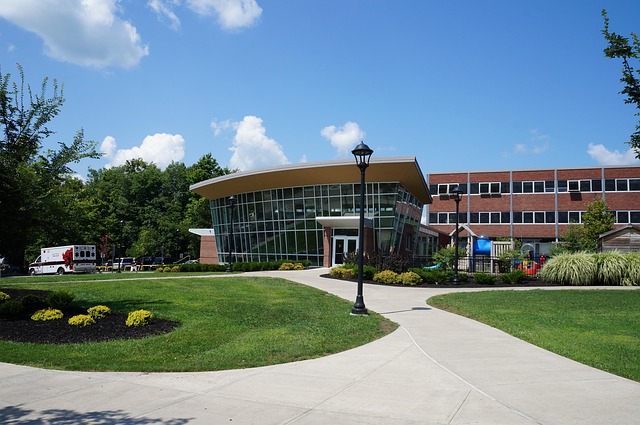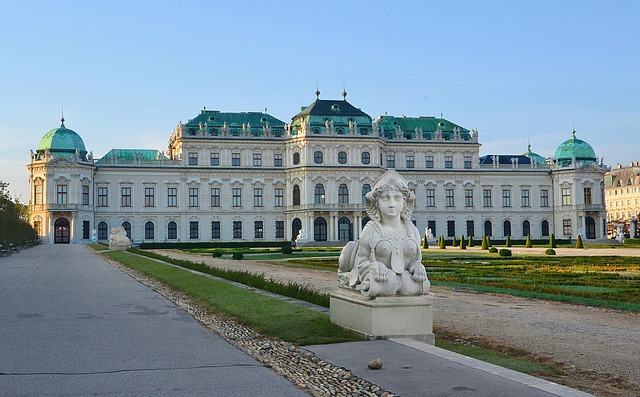Eugene's journey from frontier town to vibrant cultural center is defined by its rich history and the transformative influence of the University of Oregon. Founded in 1846 and boosted by academic excellence since 1873, the city has attracted diverse minds and cultures, shaping a unique identity through intellectual development and urban growth. Key landmarks like Old Town and bridges along the Willamette River reflect Eugene's past, while modern attractions like Autzen Stadium showcase its dynamic evolution. The university's engagement with local history ensures Eugene preserves its founding roots as a cultural hub, characterized by a blend of natural beauty, academic excellence, and diverse influences.
Discover the captivating journey of cultural evolution in Eugene, Oregon. From its humble beginnings as a small town, Eugene has transformed into a vibrant hub brimming with artistic and intellectual energy. This article explores key facets shaping Eugene’s identity: from the University of Oregon’s profound influence on local culture and community, to the city’s urban development, transportation history, and striking historical landmarks. Uncover how these elements have contributed to making Eugene a unique cultural destination.
- Eugene Founding History: From Small Town to Cultural Hub
- University of Oregon's Influence on Local Culture and Community
- Urban Development, Transportation, and Historical Landmarks: Shaping Eugene's Cultural Evolution
Eugene Founding History: From Small Town to Cultural Hub
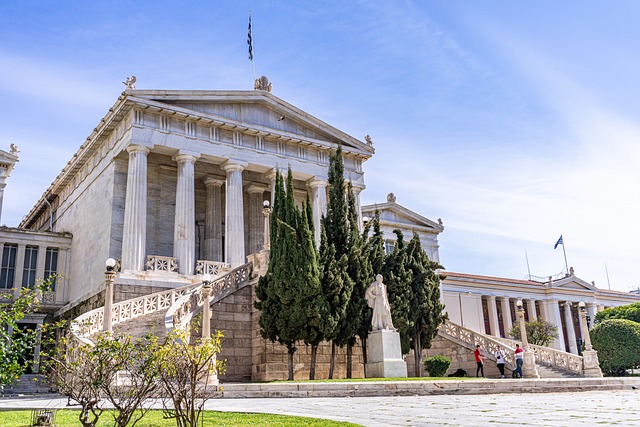
Eugene’s journey from a small frontier town to a thriving cultural hub is intertwined with its rich history and unique geographical location. Founded in 1846, the city was initially settled due to its fertile valleys and access to water, attracting pioneers seeking new opportunities. Over time, Eugene evolved from a quiet agricultural community into a vibrant urban center, largely thanks to the establishment of the University of Oregon in 1873. The university played a pivotal role in shaping the city’s intellectual and cultural landscape, fostering a diverse academic environment that attracted students and scholars from around the world.
The development of Eugene as a cultural hub is also tied to its strategic location along major transportation routes. The arrival of the railroad in 1876 connected the city to broader networks, facilitating trade and immigration. This period saw an influx of diverse cultures, which enriched Eugene’s social fabric. Historical landmarks like the Old Town district and the historic bridges across the Willamette River bear witness to the city’s past and contribute to its identity as a unique blend of natural beauty, academic excellence, and cultural diversity—all integral parts of Eugene’s ongoing cultural evolution.
University of Oregon's Influence on Local Culture and Community
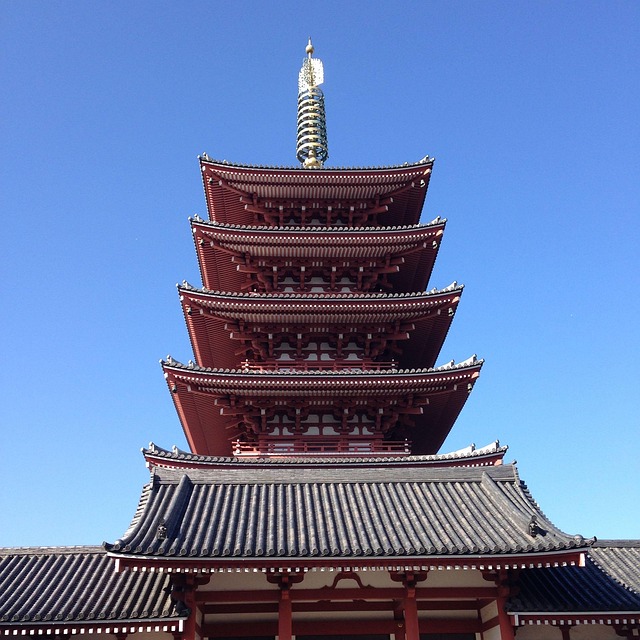
The University of Oregon, founded in 1873, has played a pivotal role in shaping the cultural evolution of Eugene. As one of the state’s leading academic institutions, it has not only attracted students and scholars from around the globe but has also influenced local culture and community dynamics. The university’s presence has fostered an environment of intellectual curiosity, artistic expression, and diverse perspectives, contributing to Eugene’s reputation as a vibrant cultural hub.
Beyond its academic contributions, the University of Oregon has left its mark on Eugene’s urban development and transportation history. Key landmarks such as the Autzen Stadium and the Memorial Union Building have become iconic symbols of the city’s identity. Moreover, the university’s engagement with local historical societies has helped preserve Eugene’s rich founding history, ensuring that its cultural evolution remains grounded in a deep appreciation for its past.
Urban Development, Transportation, and Historical Landmarks: Shaping Eugene's Cultural Evolution

Eugene’s cultural evolution has been shaped by its rich history, including its founding days and the influence of the University of Oregon. The city’s urban development has played a significant role in fostering its vibrant culture, with various landmarks that tell tales from the past. Since its establishment, Eugene has grown into a bustling metropolis, where historical sites coexist with modern amenities. The University of Oregon, as a cornerstone institution, has contributed to the city’s intellectual and artistic landscape, making Eugene a hub for cultural exchange.
Transportation has also been pivotal in Eugene’s evolution. From its early days as a railway stop to the current network of highways and public transit, these developments have connected the city to broader regional and national contexts. Historical landmarks, such as the historic downtown area and iconic buildings, stand as reminders of Eugene’s past, while new cultural spaces and venues emerge, reflecting the city’s ongoing transformation. These elements collectively shape Eugene’s unique cultural identity, making it a captivating destination with a dynamic and ever-evolving spirit.






